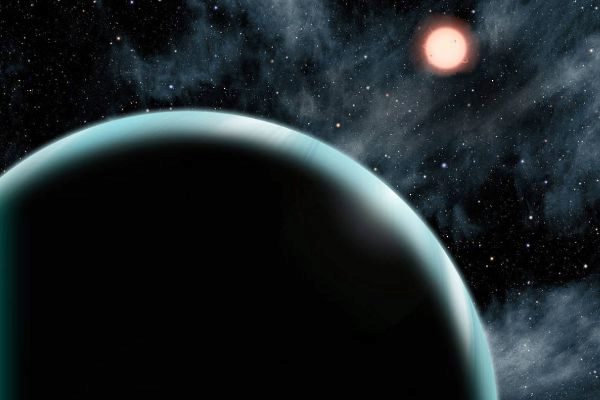- Chronicles of the cosmos.New methods to seek life in other worlds
- Astronomy: Two nearby exoplanets very similar to Earth are detected
- At 500 light years Record of giant planets in a single solar system
In the search for life outside the Earth, scientists have as their only reference what we have on our planet and therefore, the conditions that exist here to house it. But what if other worlds had a more conducive environment for living beings to develop? It is the hypothesis launched by the scientist at the University of Chicago Stephanie Olson, who argues that other planets outside the Solar System (exoplanets) could house more exuberant and varied life than Earth's.
His study, presented during the Goldschmidt Geochemistry Conference held a few days ago in Barcelona, is based on a series of simulations carried out with the aim of determining what type of exoplanets are the most conducive to harbor life and to focus efforts there to discover it, since so far around 4,000 exoplanets have been located. Specifically, Olson's team used software developed by NASA's Goddard Institute called ROCKE-3D that simulates the oceanic climates and habitats of different types of exoplanets .
Their conclusions show that ocean circulation patterns in other worlds outside the Solar System could be more adequate to allow for more abundant or more active life than on Earth.
Nutrient flow
As the researcher explains, NASA's search for life in the Universe focuses on the so-called habitable zone (that is, that the planets are at a distance from their star that allows them to have liquid water and that, by therefore, they are neither too cold nor too hot). Those planets would be the ones that could potentially have oceans of liquid water. But as Olson says, not all oceans are equally suitable for life and there are more favorable than others.
On Earth, life in the oceans depends on the upward flow of nutrients from the depths of the ocean to the most superficial area (a phenomenon called seawater upwelling or outcrop). The higher the nutrient flow, the more biological activity . And that is what they have looked at in the exoocéanos .
With these models they identified the type of planets that have the most efficient ocean circulation, concluding that from the point of view of habitability, the Earth is not an optimal place .
"Ocean life and terrestrial life have a common origin on Earth and interact with each other in many ways. It is difficult to say how that relationship works on other planets but it is possible that whatever is favorable for ocean life is for the earth. Our work suggests that the presence of terrestrial surface, whether it has life or not, favors the rise of deep bodies of water, while rivers represent an additional source of nutrients for the ocean, "Olson explains to this newspaper.
So far, he has not selected planets to prove his theory: "Unfortunately we do not have great candidates yet but we will have them soon , when the next generation of space telescopes is developed and launched. It is important to know in advance what we are going to look for to ensure that the instruments they have the ability to recognize life, "he says through an email.
" Finding life outside our solar system is a very big challenge . It is even to identify it on a planet that resembles the primitive Earth," the scientist admits. Therefore, he adds, "it is essential to locate the most promising objectives."
According to the criteria of The Trust Project
Know more- Science and Health
- science
aLAN sTERN "It would be crazy to replace astronauts with robots"
Geology Diamonds that keep the secret of the planet's origin
SpaceThe ship that will step on the moon will be 'made in Alabama'

